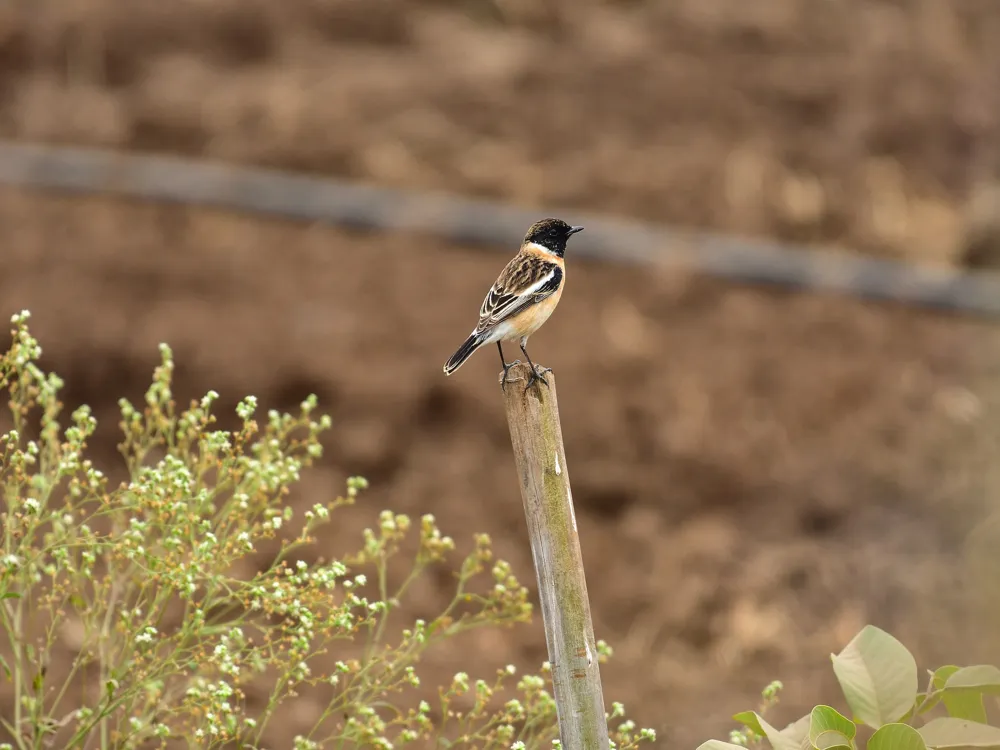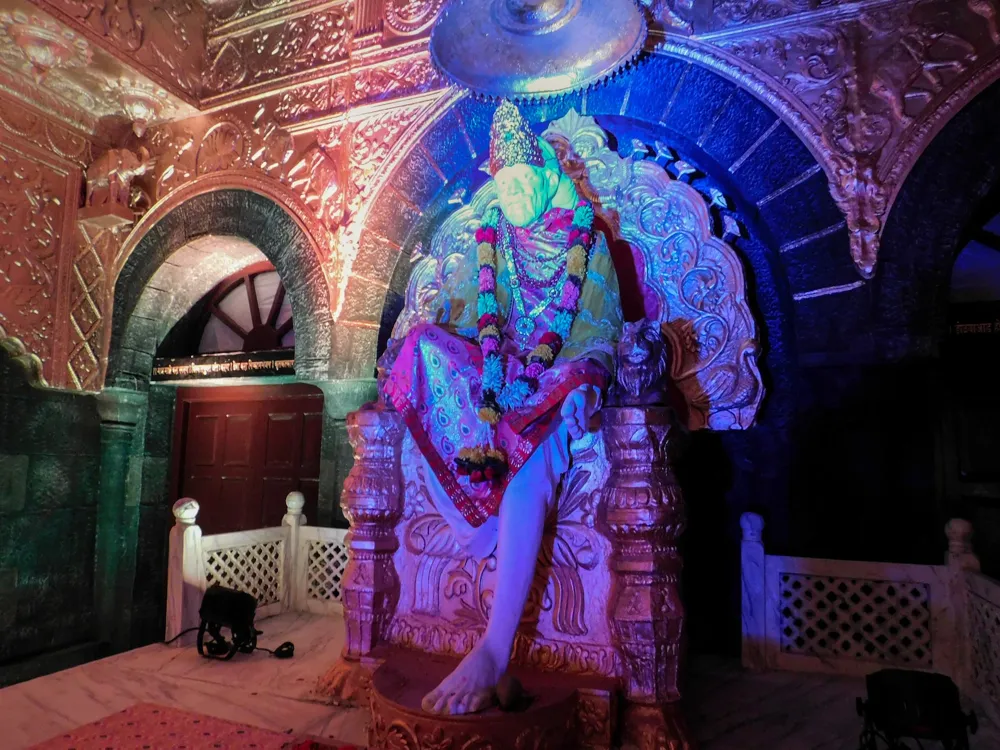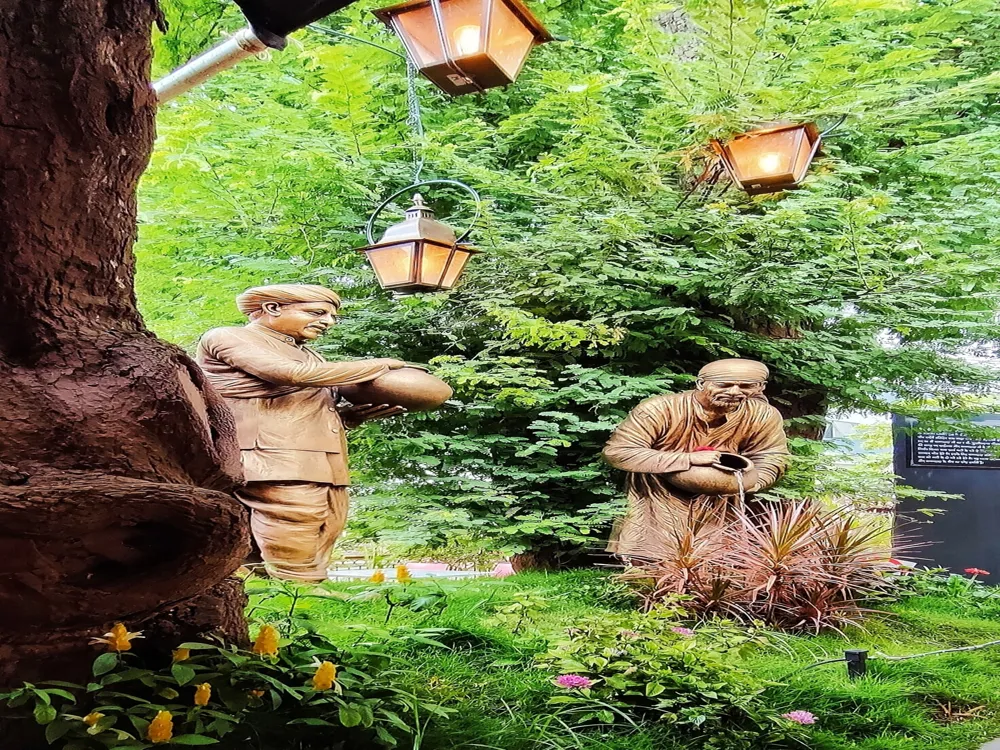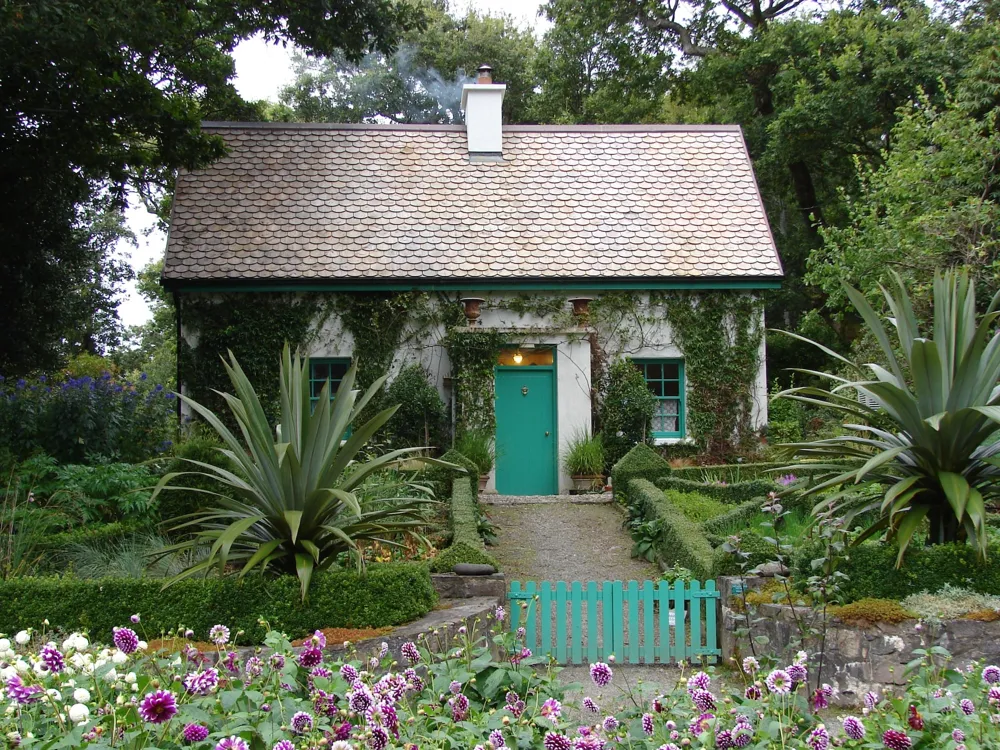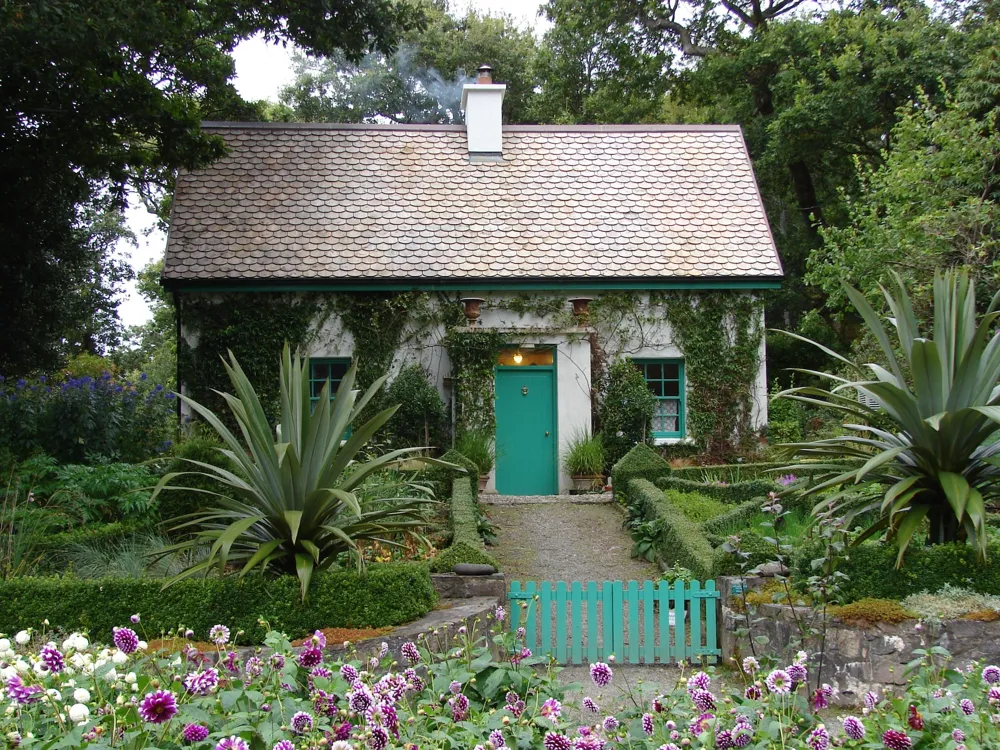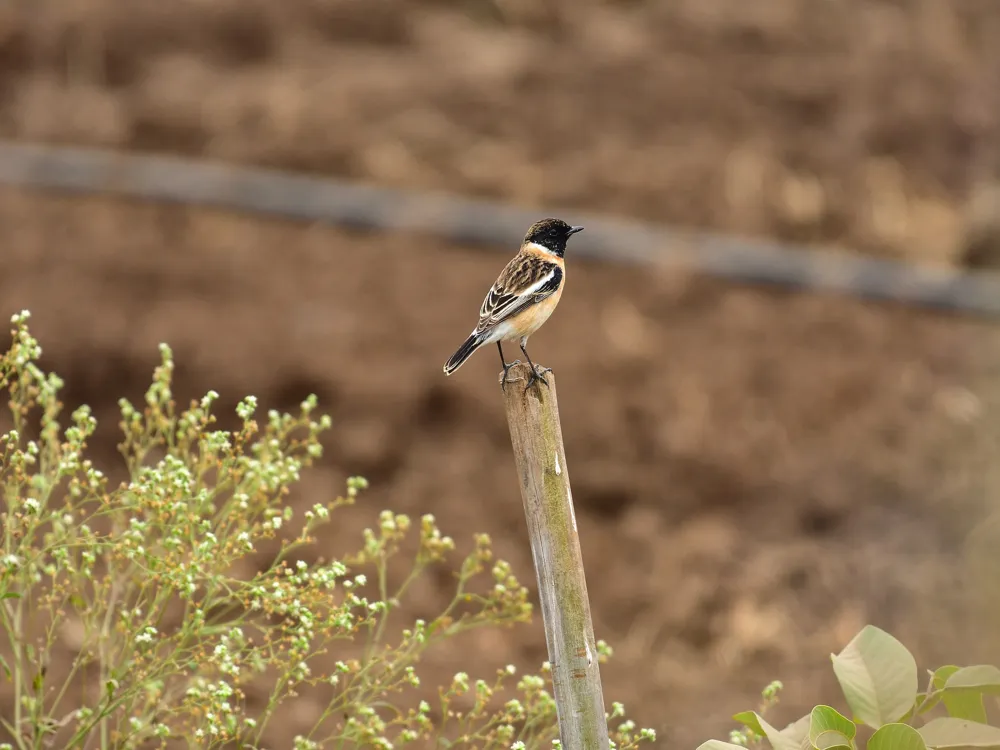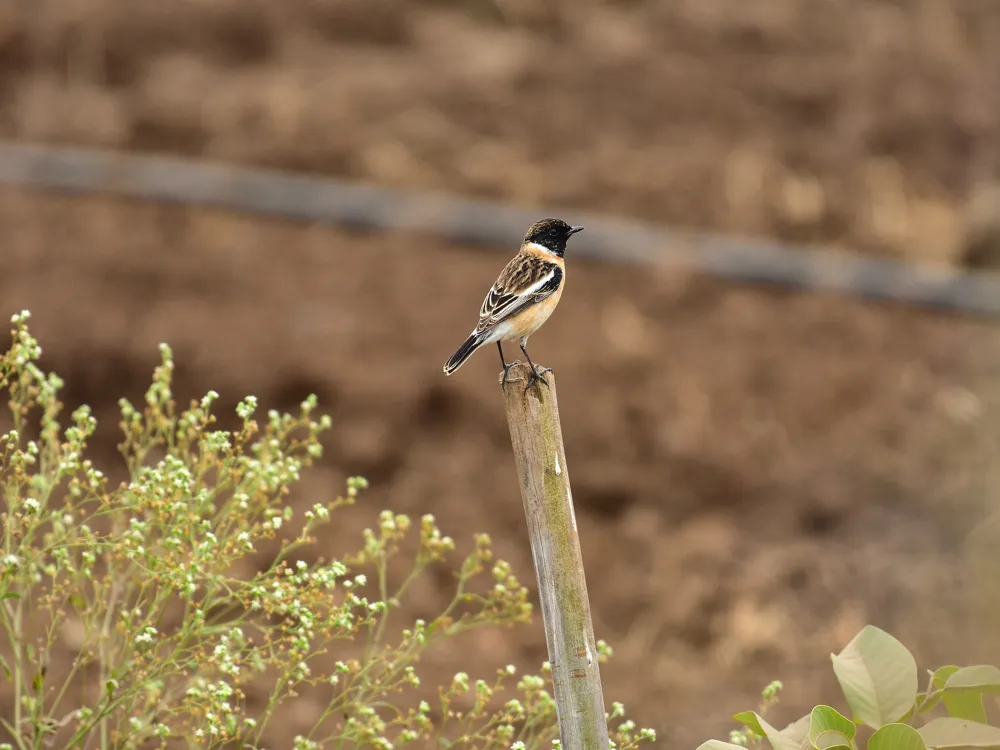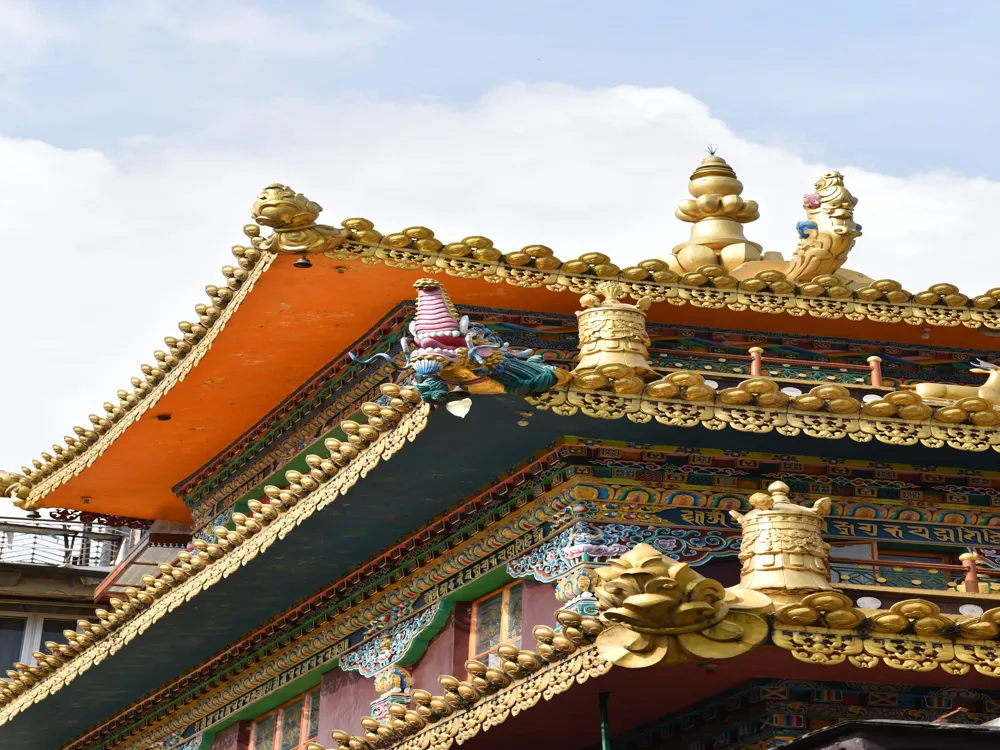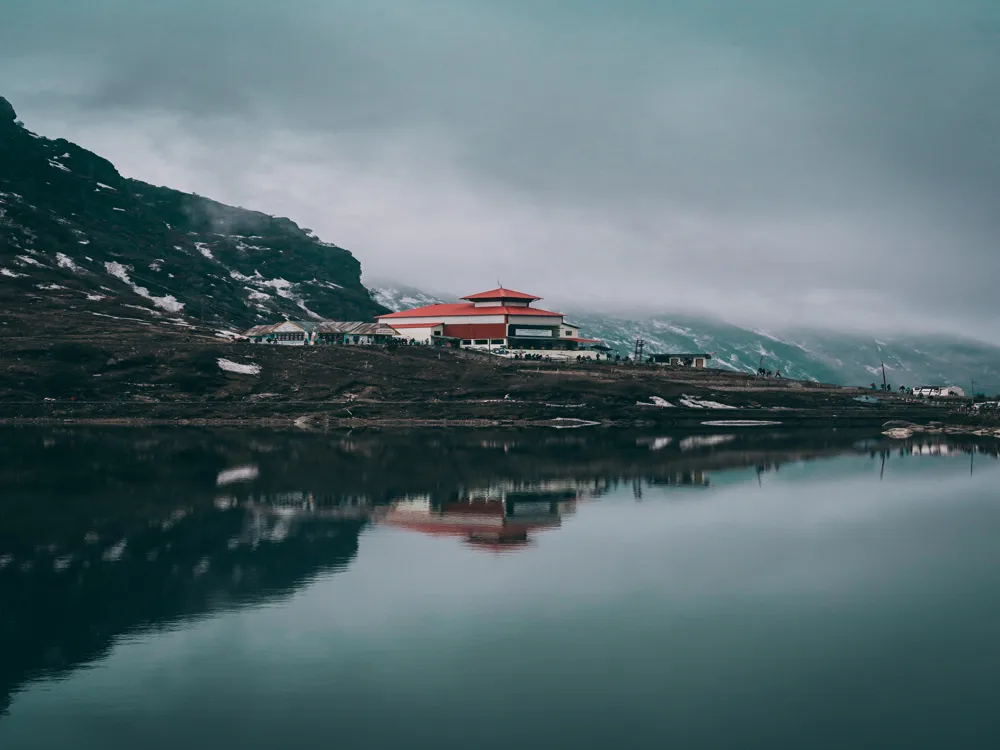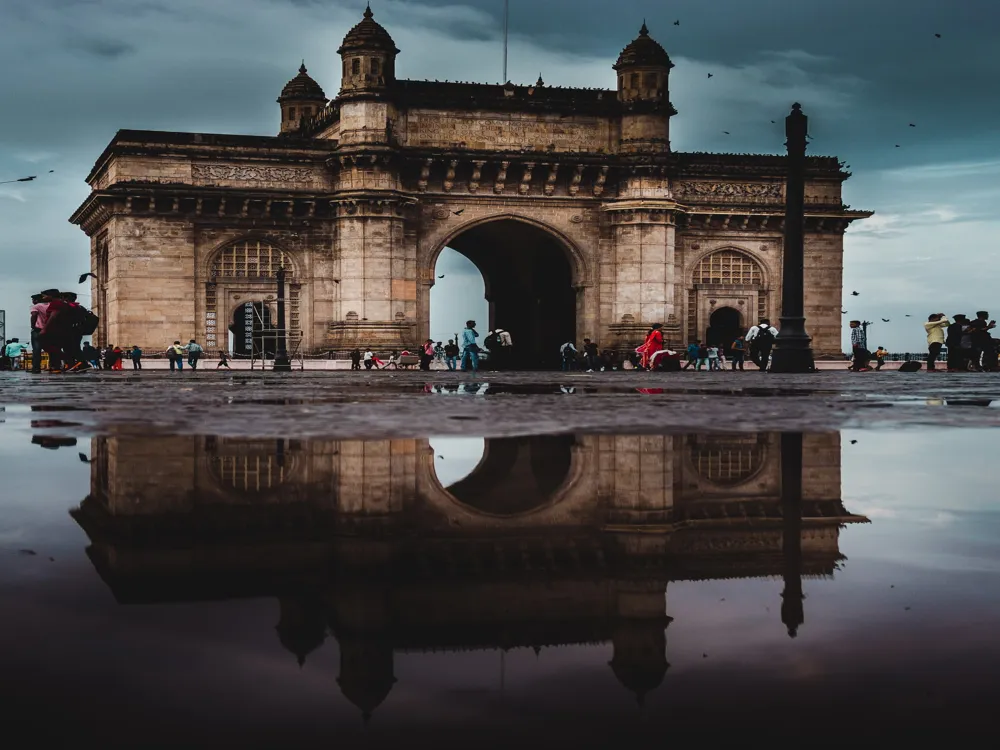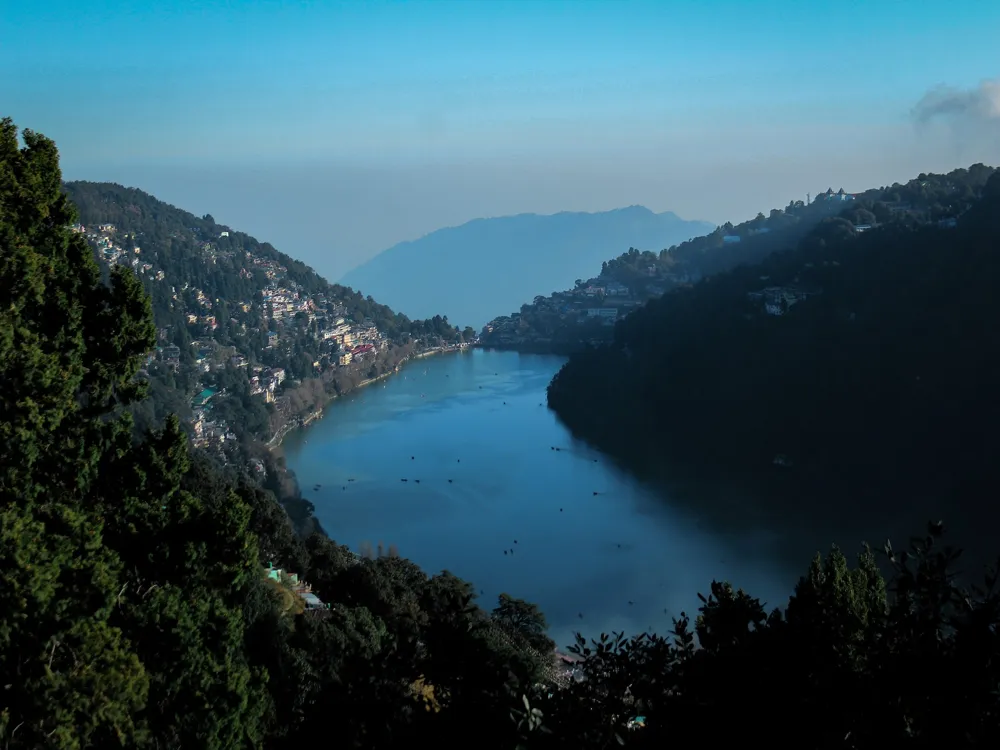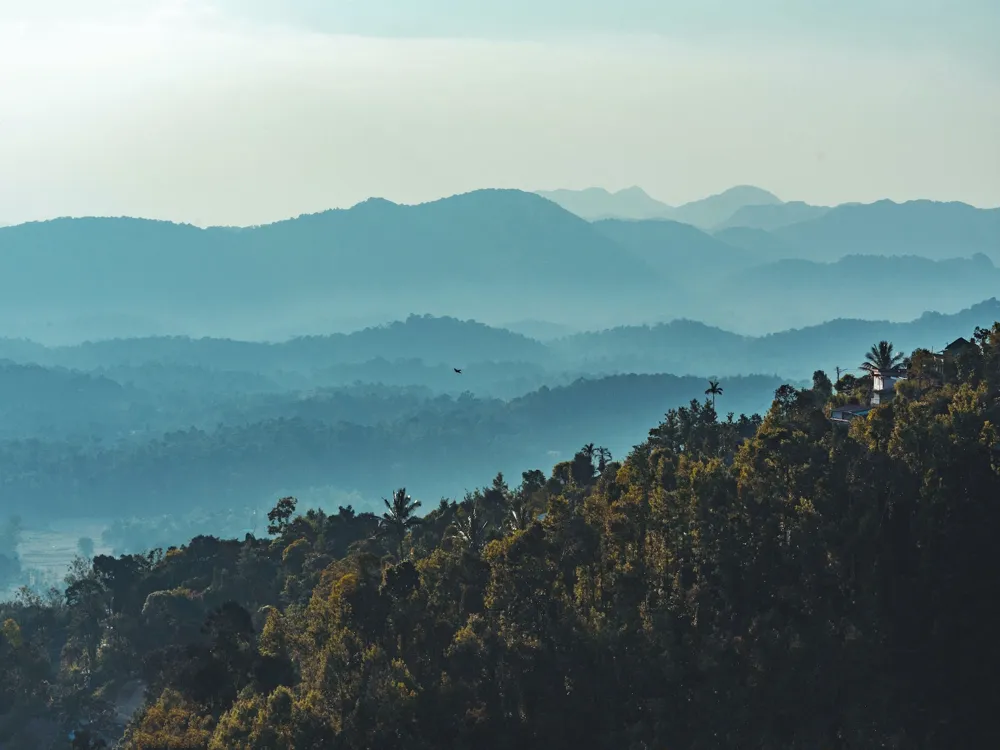Best Time to Visit Shirdi
Maharashtra India
5 out of 67 Places to visit in MaharashtraNaN onwards View Packages
Get Customized PackagesThe Land of Diversity
Top Hotel Collections

Private Pool

Luxury Hotels

5-Star Hotels

Pet Friendly
What is the Best Time to Visit Shirdi?
Shirdi, a spiritual haven in Maharashtra, India, holds significance as the abode of revered saint Sai Baba. Understanding the optimal time to visit this sacred town can significantly enrich your spiritual journey.
More about Best Time to Travel to Shirdi
Travel Peak Season in Shirdi
The peak season in Shirdi typically extends from October to March. During these months, the weather remains pleasant, making it ideal for pilgrims and tourists to visit the Sai Baba Temple, attend aarti (ritual prayers), and explore nearby attractions.
Travel Offseason in Shirdi
Contrarily, the offseason, from April to June, experiences higher temperatures and occasional rainfall. Though fewer tourists visit during this period, devotees seeking solitude may find it an opportune time to pay their respects at the temple.
Shirdi Travel Packages
View All Packages For Shirdi
Shirdi in Shoulder Season
The shoulder seasons, spanning from July to September and February to March, offer a balance between manageable weather conditions and fewer crowds. Pilgrims can partake in prayers, visit holy sites, and witness the tranquility of Shirdi.
Shirdi in Hot Season
From April to June, Shirdi experiences its hot season. While temperatures soar, it remains a preferred time for devotees due to the commemoration of various festivals and spiritual events held at the Sai Baba Temple.
Shirdi in Rainy Season
The rainy season, occurring from July to September, brings occasional rainfall and a serene ambiance to Shirdi. Though outdoor activities might be limited, it offers a chance for introspection and peaceful moments in this spiritual town.
Shirdi in Cool Season
Finally, the cool season, from December to February, offers milder temperatures, creating a pleasant atmosphere for spiritual contemplation, attending prayers, and experiencing the spirituality of Shirdi.
Understanding Shirdi's seasonal variations helps pilgrims plan their visit based on personal preferences, ensuring a spiritually enriching experience in the divine aura of Sai Baba's abode.
Places To Visit In Shirdi
View All Places To Visit In ShirdiNearby Places Shirdi
Shirdi Photos
View All Photos For ShirdiBrowse Package Collections
Browse Hotel Collections
Faq
Q: What is the best time to visit Shirdi?
A: The best time to visit Shirdi is generally between October and March. During this period, the weather is pleasant and conducive for sightseeing and outdoor activities.
Q: Why is October to March considered the ideal time for a Shirdi visit?
A: These months mark the post-monsoon and winter seasons, offering a comfortable climate for pilgrims and tourists. The temperature is moderate, making it enjoyable to explore the town and the sacred sites without extreme weather conditions.
Q: Are there any specific events or festivals that make certain months more desirable for a Shirdi pilgrimage?
A: Yes, the celebration of Guru Purnima, which usually falls in July, attracts a large number of devotees. However, if you prefer a more serene experience, visiting between October and March, outside major festival times, is recommended.
Q: How is the weather in Shirdi during the recommended months?
A: The weather during these months is generally pleasant, with daytime temperatures ranging from 15 to 30 degrees Celsius. It's advisable to carry light woolens, especially during the winter months of December and January.
Q: What about the monsoon season in Shirdi? Is it a good time to visit?
A: While the monsoon season (June to September) brings lush greenery to the region, heavy rainfall may disrupt travel plans, and the temple premises can get crowded during festivals. Hence, it's not the most ideal time for a peaceful pilgrimage.

